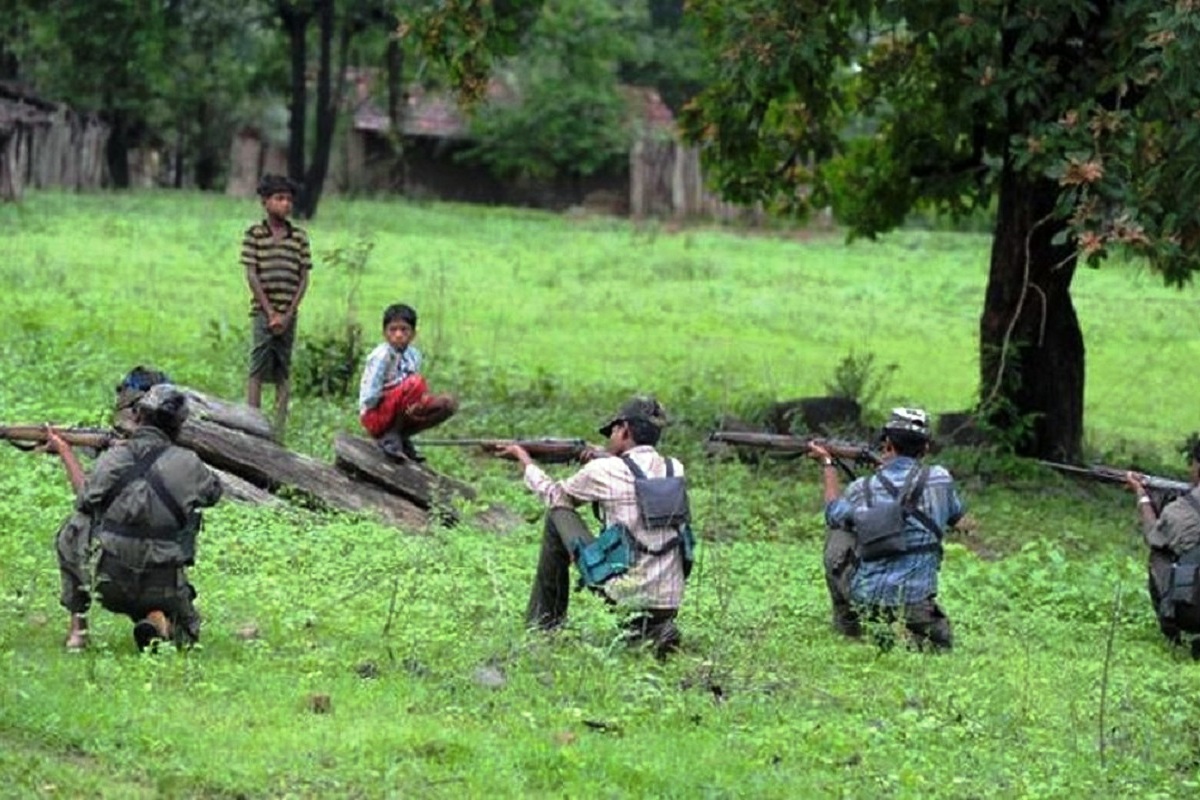Junglemahal in West Bengal, a case-study in backwardness and privation and till a few years ago the hotbed of Maoist insurgency, has defied the electoral presumptions of the political class, pre-eminently the ruling dispensation.
Not that the incumbent rulers have been impervious to the appalling conditions. It does redound to the credit of the Trinamul Congress government that the Left radical movement has been reined in and welfare measures in the social sector initiated ~ both critical benchmarks of forward movement in the backwaters of Bengal and skirting the neighbouring states of Jharkhand, Bihar and Odisha.
Advertisement
Junglemahal has since 2011 been a priority area in terms of growth and development, without a high-minded discourse on the two economic parameters. Indeed, the West Bengal government has spent crores of rupees on infrastructure and social sector benefits. Yet the striking feature of the electoral outcome, one that has bamboozled the state generally, is that for all the nurturing by Mamata Banerjee since her first stint as Chief Minister (2011-16), the Trinamul Congress has been trounced in the three parliamentary constituencies of Jhargram, Purulia, and Bankura ~ the result in the last a resounding defeat for minister Subrata Mukherjee who is known to adjust his preferences and prejudices with chameleonesque rhapsody.
Ironically enough, as the state’s Public Health Engineering (PHE) minister, Mr Mukherjee had sanctioned several water projects in this severely arid belt. There is little doubt that there does exist a Left radical segment in this laterite belt on the cusp of permanent poverty.
Election 2019 demonstrates that this section of the electorate in a cluster of volatile constituencies may arguably have set its face against the parties and politics of the Bengal court, primarily the promises and pledges made in the season of conventional electoral politics. Small wonder the party is now said to be considering a review of its strategy in Junglemahal prior to the Assembly election in 2021.
The psephological swing has indeed been astounding. Having won the three seats in 2014, Trinamul has now lost by margins that are almost incredible ~ varying from 98,000 to 3.47 lakh. The debacle can well be contextualised with Trinamul’s lament that “it is surprising that the poor revolted against us”. The social sector benefits, unveiled by the Chief Minister over the years, are now open to question.
In the immediate aftermath of the defeat, doubts have been expressed within the party over whether old-age pension, cheap dwelling units, and rice at Rs 2 a kg, had trickled down to the poor. Not the least because a section of Trinamul functionaries in Junglemahal have been demanding “cut money” from the beneficiaries.
To that can be added the rift within the party in Jhargram and Bankura; the former makes do without a district president. The disenchantment with Trinamul was manifest during the panchayat election in 2018. Is the party’s performance in the Lok Sabha election a logical culmination? Arguably, yes.











